Struggling to talk about online safety with your child? Together with Dr Elly Hanson, clinical psychologist and expert on online harms, we have put together some tips to help parents and carers start the conversation about online safety.
Many children are now online, and the lines between their online and offline worlds are becoming increasingly blurred. There are many positive aspects to spending time online, such as entertainment, learning and peer connection.
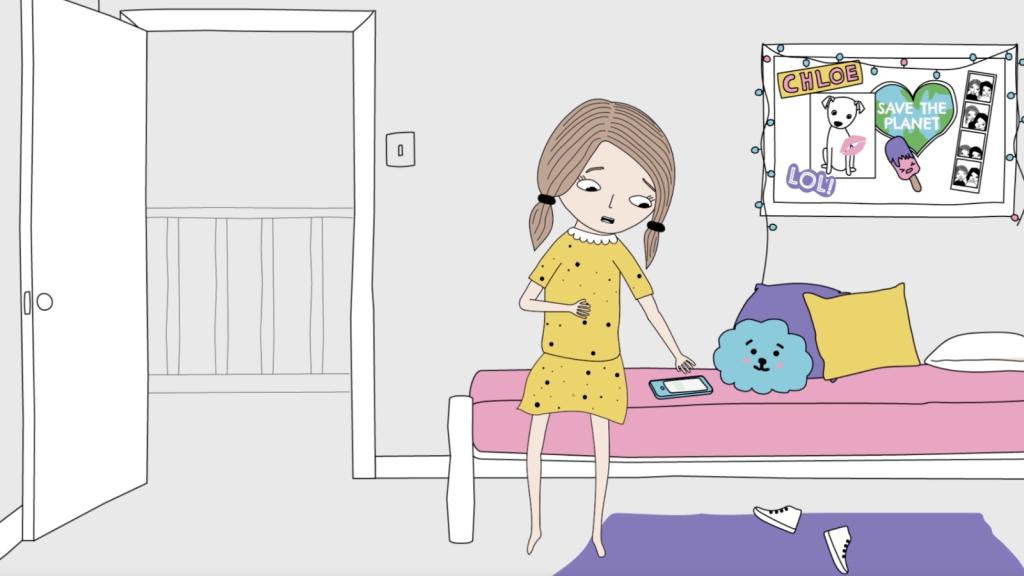
However, as they explore the internet, many children will stumble upon explicit content such as pornography, with some seeing it as young as seven years old. In fact, over half (51%) of children between 11 and 13 years old have seen pornography, according to the British Board of Film Classification.
Through our work with children across the UK, we know that being exposed to explicit content can leave many children feeling anxious, upset, or distressed.
Pornography can normalise abusive sexual behaviour and lead to children participating in acts they have seen in pornographic videos, despite feeling uncomfortable or scared. Plus, when children view pornography that shows abusive or misogynistic acts, they might believe that this behaviour is acceptable, or worse, the norm.
Start with the positives of the internet
If you don’t know where to start, try simply exploring what they enjoy doing online
Dr Elly Hanson
Clinical psychologist and expert on online harms
Remain open-minded and be genuinely curious. Not only will this help you gain a better understanding of the apps they use, but it can bridge the conversation and allow you to talk about online safety in the future.
The chances are that your child will use the internet differently from you. So, try not to be dismissive of any apps, games, or trends they love. It may make your child embarrassed to talk about their digital life in the future or they may feel reluctant to reach out for help if they're worried about something they've seen or experienced.
Create a safe space
Whatever they’re feeling, remind them that they can always talk to you about it.
Dr Elly Hanson
“Often children don’t know the name of how they’re feeling or don’t have the words to describe it,” says Elly.
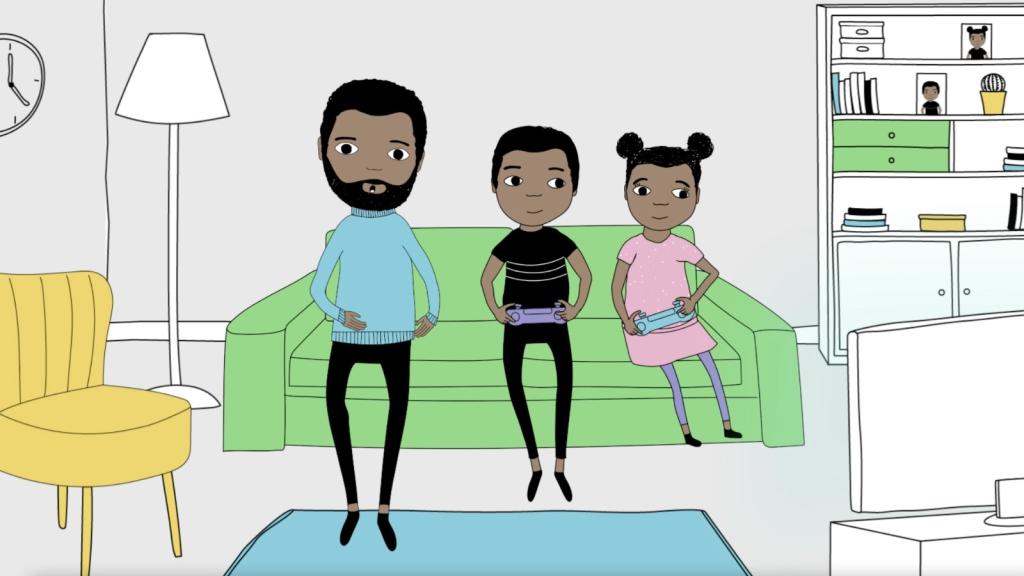
“Let your child know that they may come across things on the internet that leave them with a funny feeling. It might make them feel weird, confused, bad, embarrassed, or guilty. These are normal feelings that are important to listen to.
“Whatever they’re feeling, remind them that they can always talk to you about it.
“Let them know that you’re not going to be cross with them, even if they’re doing something ‘wrong’ that they shouldn’t have been doing.”
Don't blame or shame
Ask open questions, focus on being curious about what they’ve seen but mainly how it made them feel
Dr Elly Hanson
If your child says they’ve seen explicit content, try to remain calm and curious.
“Ask open questions, focus on being curious about what they’ve seen but mainly how it made them feel,” says Elly. “Then validate these emotions and make sure they feel heard.”
Avoid blaming or criticising them as this may shut the conversation down.
Normalise the conversation
You could check-in and broadly ask if they’ve ever seen anything online that has upset them
Dr Elly Hanson
“This gives your child a gentle invitation to disclose anything now or at a later point.”
Alternatively, if you want to directly explain your concerns, choose a time when your child is relaxed and has no distractions.
Express it differently
Drawing, art, writing and poetry can be a great way of processing and sharing difficult emotions.
Dr Elly Hanson
If your child comes across something upsetting and they don’t know how to put it into words, there are other ways you can help them sift through their emotions.
“If they are experiencing a lot of distress, you could invite them to express that through a creative outlet,” says Elly. “Drawing, art, writing and poetry can be a great way of processing and sharing difficult emotions.”
Make it age-appropriate
Chances are your child will start to use technology differently as they get older. This can bring up new worries and challenges, so it’s important to explain online safety in an age-appropriate way.
For instance, if your child is a teenager you may talk about online safety and pornography when chatting broadly about relationships, consent, and safe sex.
If your child is at primary school, you may want to discuss what type of images are okay to send to friends and family, and what areas of your body are private.
If you want to do some more research, there are plenty of resources with age-appropriate advice, to guide you, such as:
- National Crime Agency Education Programme
- Childnet
- Parent Zone
- Teachers and youth workers can also use Barnardo’s new resource, Real Love Rocks.
Explore apps and sites together
It’s important to show interest in your child’s digital life, to get to know the games and platforms that they like and enjoy.
Dr Elly Hanson
Clinical psychologist and expert on online harms
If your kids are gaming, chatting, posting, or streaming online, it’s worth getting involved in their online lives.
“It’s important to show interest in your child’s digital life, to get to know the games and platforms that they like and enjoy,” says Elly.
Not only is this a way for you to connect, but it’ll also help you understand different games and platforms, their features and whether they’re appropriate for your child or not.
“We know this isn’t always practical, especially if there are multiple devices in one home, but try to encourage children to use devices in communal areas such as the lounge or kitchen,” says Emma James Senior Policy Advisor at Barnardo’s.
“This will help you to be able to hear the content of the videos they are watching or the games they are playing.”
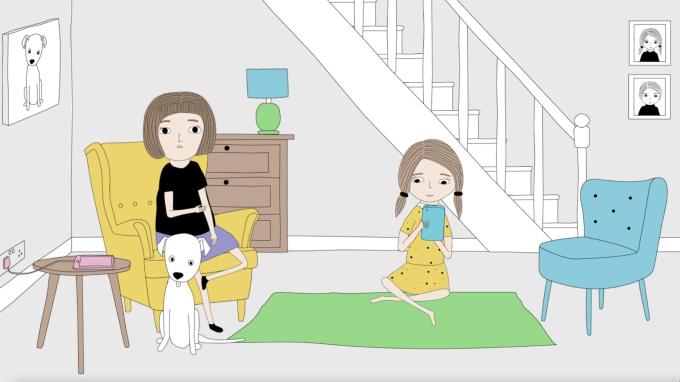
Is my child safe online? Parents' questions answered
We’ve answered some common questions from parents and carers about how to help keep children safe online.
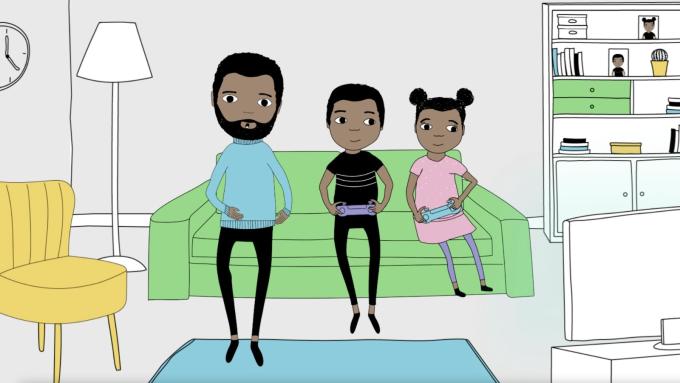
More about keeping children safe online
Every child deserves to feel safe online – and we all have a part to play. Find out more about online safety from the experts.
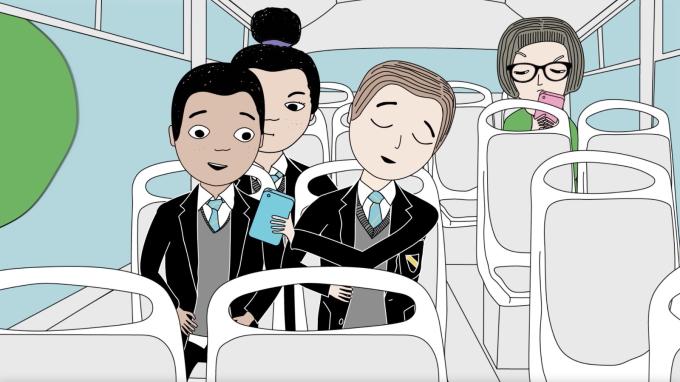
Ask pornography sites to do more to protect children
We need them to take action before more children are harmed.
Imagery by Popla Media

